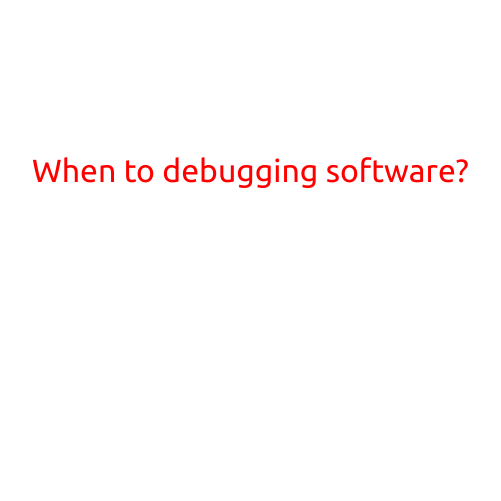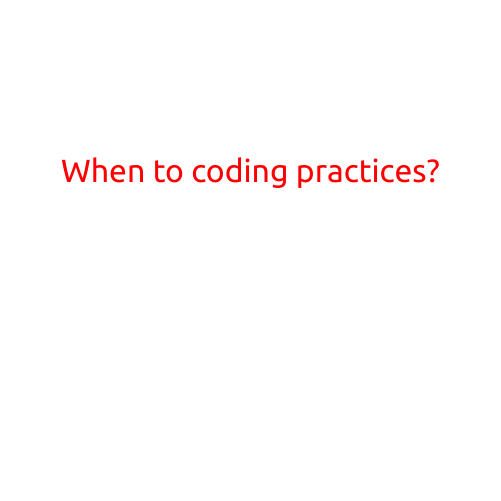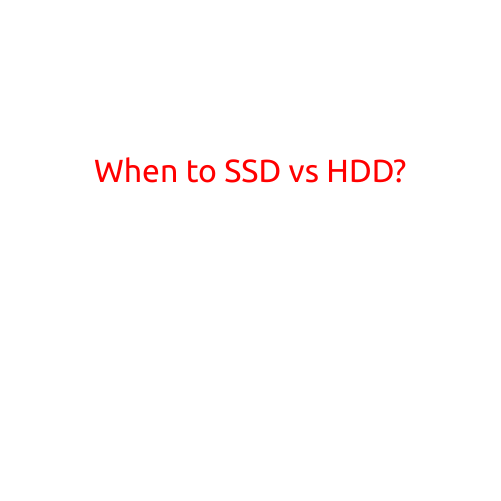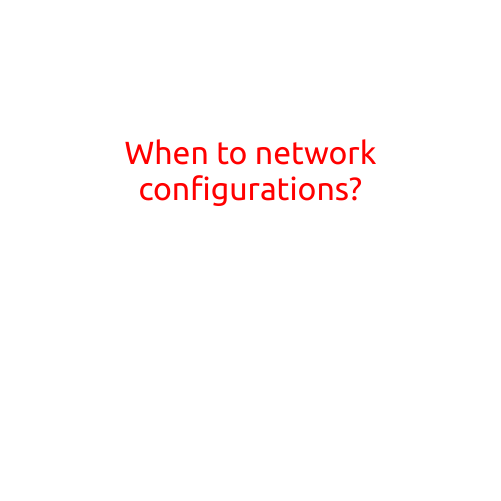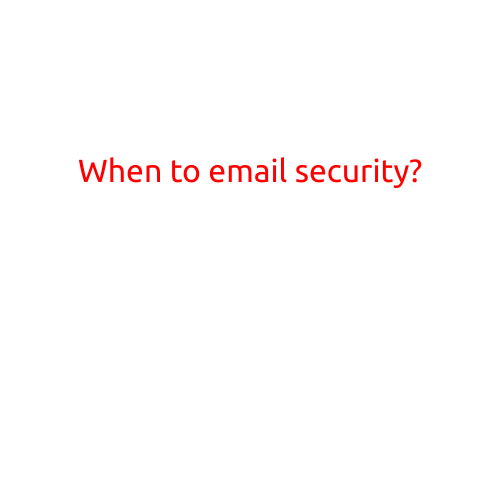
When to Email Security?
In today’s digital age, email security is more crucial than ever. With the rise of cyber threats and hacking attempts, it’s essential to ensure that your emails are secure and protected. But when do you need to take email security more seriously? Read on to find out.
When You’re Sending Confidential Information
If you’re emailing confidential information such as financial data, personal identification numbers, or sensitive business secrets, you should prioritize email security. This can include emails containing:
- Financial records or transactions
- Sensitive business information, such as trade secrets or intellectual property
- Personal identification numbers or Social Security numbers
- Health records or medical information
To ensure the security of these emails, consider encrypting them or using secure email protocols like S/MIME or PGP.
When You’re Conducting Sensitive Business Communications
Emails related to sensitive business communications, such as mergers and acquisitions, contracts, or executive communications, also warrant extra security measures. This includes:
- Emails containing financial or commercial agreements
- Communication related to intellectual property or trade secrets
- Executive correspondence, including company performance reviews or strategic planning
In these cases, consider using secure email channels, such as encrypted email services or secure messaging apps.
When You’re Engaging with Third-Party Vendors or Partners
When conducting business with third-party vendors or partners, email security is crucial to ensure the integrity and confidentiality of your communications. This includes:
- Emails with vendors or contractors containing sensitive information
- Communication with business partners or joint venture partners
- Transmission of intellectual property or trade secrets to third-party partners
In these cases, ensure that your email security protocols are in place to safeguard your communications and prevent unauthorized access.
When You’re Sending Emails to a Large Number of Recipients
If you’re sending emails to a large number of recipients, you should consider email security measures to prevent mass phishing attacks or data breaches. This includes:
- Batch emails with employee updates or company announcements
- Marketing campaigns with sensitive information
- Automated emails with customer data
In these cases, use email security protocols such as SPF (Sender Policy Framework), DKIM (DomainKeys Identified Mail), or DMARC (Domain-based Message Authentication, Reporting, and Conformance) to protect your emails.
When You’re Using Public Wi-Fi or Unsecured Networks
When accessing public Wi-Fi or unsecured networks, your email security is at risk. This includes:
- Public hotspots at cafes, airports, or hotels
- Unsecured networks at home or in the office
- Wi-Fi networks without encryption or firewalls
In these cases, use a VPN (Virtual Private Network) or encrypted email app to protect your emails and prevent unauthorized access.
Conclusion
Email security is essential for protecting sensitive information and preventing data breaches. By understanding when to prioritize email security, you can reduce the risk of cyber threats and keep your communications confidential. Remember to encrypt emails containing confidential information, use secure email protocols for sensitive business communications, and ensure that your email security protocols are in place for large-scale email transmissions. Remember to always use caution when accessing public Wi-Fi or unsecured networks, and consider using a VPN or encrypted email app to protect your emails.

